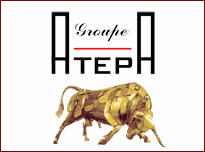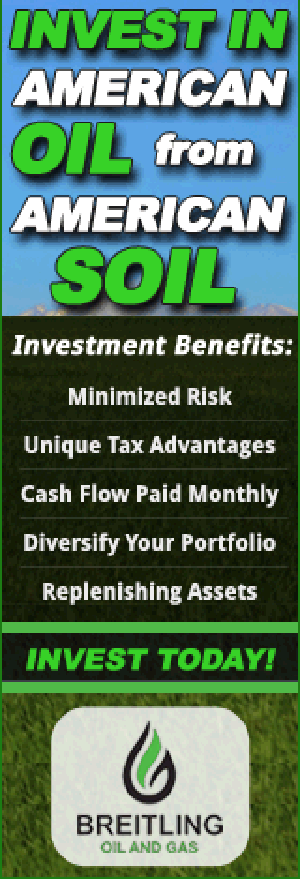Algeria: Algeria Outlook for 2013-17
2012/12/19
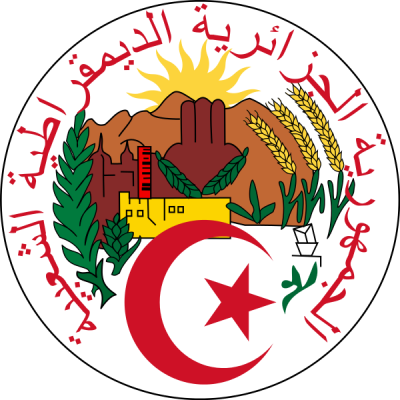
The country (Algeria) is situated in Northern Africa and bordering the Mediterranean Sea, between Morocco and Tunisia.
it has borders with Western Sahara for 42km, , Morocco for 1559km, Libya for 982km Mali for 1376km, Mauritania for 463km, Niger for 956km and Tunisia for 965km.
The Land in Algeria is usually with high plateau and desert and some mountains, narrow, with discontinuous coastal plain.
The Algerian land covers an area of 2 381 740 km². The climate is arid to semiarid and mild with wet winters and with hot and dry summers along coast. Drier with cold winters and hot summers on high plateau with the sirocco who is a hot, dust/sand-laden wind particularly common in summer. Algerian(s) speak Arabic (official), French, Berber dialects.
OVERVIEW
The third term of the president, Abdelaziz Bouteflika, expires in 2014. There is no clear indication of who his successor will be, but it is likely to be a figure from the political establishment, ensuring a degree of policy continuity. Social unrest will be a preoccupation of the authorities in 2013-17, but we do not expect the government to fall or protests to build critical momentum. The threat from Islamist militants has flared up again following an attack on a natural gas facility, but we do not expect it to pose a danger to in general political stability.
The economy is reliant on hydrocarbons, although the government is carrying out a major investment programme that will seek to diversify the economy and improve infrastructure and skills. We estimate that real GDP increase will average 3.5% a year in 201317-below potential-as weak hydrocarbons performance and a lack of private investment hold back the economy. The current account will track movements in oil prices and start to move into a deficit position by 2017. The government\\\'s investment programme will require increased imports of goods and services.
Political outlook
The 2014 presidential election will be the major political event in the estimate period. It is still unclear who will replace Mr Bouteflika, but we expect a consensus and regime-approved candidate to be selected.
Economic policy outlook
Algeria will record fiscal deficits in 2013-17, and fiscal revenue will be vulnerable to changes in the price of oil and gas. The government will keep a watchful eye for misreported payments for imports to try to control the level of capital flowing out of the country.
Economic forecast
We slightly lowered our real GDP increase estimate for 2013 to 3.2% last month as oil production has continued to underwhelm so far in 2013. We are maintaining our estimate this month.
The ratings contained in the present statement and the statement itself were produced outside of the European Union and therefore are not issued by The Economist Intelligence Unit Ltd credit rating agency, which is registered in accordance with Regulation (EC) No 1060/2009 of 16 September 2009, on credit rating agencies, as amended. This statement and rating, therefore, are not issued pursuant to such Regulation and do not fall within its scope.
Outlook for 2013-17
- Abdelaziz Bouteflika\\\'s third term will come to an end in April 2014. Mr Bouteflika suffered a mini-stroke in April, but at present he has no clear successor. A consensus candidate is likely to emerge closer to the election.
- Abdelmalek Sellal, the prime minister, will continue to carry out modest political and economic reforms. Although the changes will be minimal, a critical outbreak of political unrest during the estimate period is not expected.
- Security risk will again be a priority for the government following a hostage crisis at a natural gas facility in January and the potential of a new Islamist militant threat inspired by the unrest in Egypt.
- The fiscal balance will be vulnerable to movements in oil prices. High social spending will mean that it will remain in deficit on average in 2013-17, at around 2% of GDP, which will be covered easily by fiscal reserves.
- Real GDP will grow by 3.2% in 2013 as oil production is held back by concerns over depletion rates. Thereafter, increase will be restrained, at below 4% on average, despite ample public funds to support investment .
- Banque d\\\'Algérie (the central bank) will continue to operate a managed float of the Algerian dinar against the US dollar. The dinar is presently expected to weaken towards the end of the estimate period as oil prices decline.
- Algeria\\\'s external balances will be highly sensitive to movements in oil prices. We expect the current account to move from a surplus of nearly 4% of GDP in 2013 to a small deficit by 2017 as oil prices slide under US$100/barrel.
Review
- The age at which Algerians can begin apprenticeships has been extended to 30 to allow additional young people to enter formal training.
- A Spanish engineering firm has been awarded a arrangement to develop the Touat gasfield in south-eastern Algeria. At the same time as producing, at the end of 2016, the project should have output of 4.7bn cu metres/year.
- Six new power plants are in line to be awarded for development by 2017. The gas-fired plants will have capacity between 1,200 mw and 1,600 mw.
- The Ministry of Finance is taking steps to crack down on what it believes are illicit flows of capital out of the country. The government will empower the customs agency to ensure import values are not misreported.
- The leader of a moderate Islamist opposition party has called for an independent electoral observer ahead of next year\\\'s presidential election.
- Only a few figures have announced their intention to run in the 2014 election so far. However, the establishment has from presently on to coalesce around one candidate.
- Comments
- Related Articles
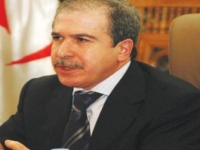
Wali (Governor) M. Mohamed Kebir Addou
2013/06/23 Algiers is the capital city of Algeria in North Africa. Algiers is located on a bay of the Mediterranean Sea and is an significant port. Algiers was prime settled over 1000 years ago and has presently grown to a large city with a metropolitan people of over 3 million.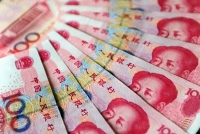
Renminbi set to internationalise further in Africa
2013/06/20 Just over two years since its began its process of internationalisation, China’s renminbi is well on its way to becoming a world currency. Trade redenomination into renminbi has taken place everywhere from Malaysia to the Middle East, although the process is still in its early stages across Africa. But growing trade ties between China and Africa will drive a rapid uptick in the use of the renminbi on the continent, particularly in trade settlement, according to Standard Chartered.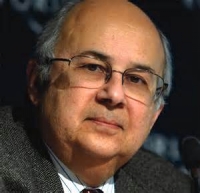
Raising the bar on agricultural innovation
2013/04/13 Technological innovation, particularly in mobile, will be critical to improving agricultural productivity, but R&D funding must be ramped up next years of neglect At the same time as Ismail Serageldin, director of the Library of Alexandria, told the World Intellectual Property Organisation (WIPO) that world people increase meant food production would have to increase by 70 % by 2050, using the same amount of water, he identified agricultural innovation as the key to solving the problem.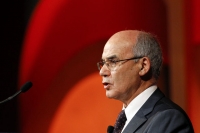
I am calling for the rational use of amount available energy sources.
2012/12/19 Located beneath the Sahara Desert in the eastern part of the country, Algeria’s proven oil reserves are the third major in Africa – an estimated 12 billion-plus barrels of exceptionally high quality crude. Algeria is part the world’s top ten oil producers, with the United States and Europe its biggest customers. It is as well of the world’s major producers and exporters – mainly to Europe – of natural gas, and a major exporter of crude and liquefied natural gas.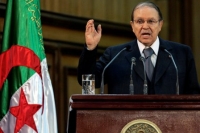
President Abdelaziz Bouteflika
2012/12/19 The President of Algeria is sworn in inside the Presidential Palace in Algiers. He reads the oath of office while placing one hand on the Koran.
- Algeria News
-
- CHINA: China signs deal to produce 10,000 vehicles per year in Algeria
- ALGIERS: Sonelgaz will spend 1.5 billion dollars
- SERBIA: Serbia and Algeria to develop economic cooperation
- ALGERIA: Major investment in council housing in Algeria
- ALGIERS: Algeria plans industrial zones
- ALGIERS: Algeria: President Reshuffles Cabinet
- Trending Articles
-
- DAKAR CITY: Senegalese dailies honour departed Nelson Mandela
- BOTSWANA: Khama said Mandela was a remarkable figure.
- UNITED STATES: Oil and gas companies will face a tougher regulatory regime in the United States
- EGYPT: Egypt’s Prime Minister Hazem el-Beblawi
- KUWAIT: Kuwait's Emir Sheikh Sabah al-Ahmad Al-Sabah
- UGANDA: Mobile-Driven Agriculture




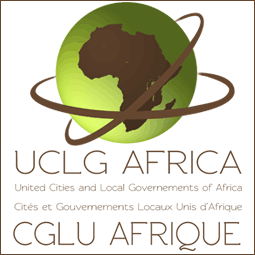
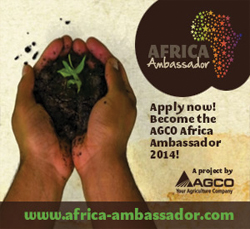

.gif?1356023993)
.gif2_.gif?1356029657)

